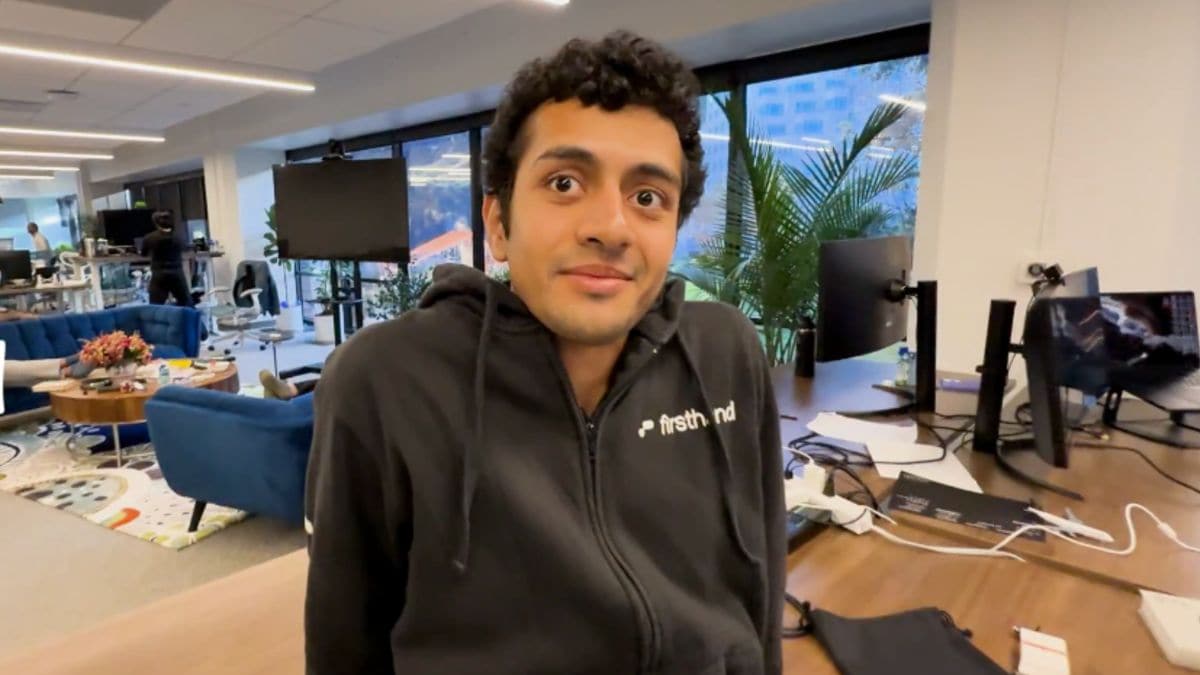

Soham Parekh is an Indian software engineer who has recently become the center of a controversy in the US tech startup scene. He stands accused of deceiving multiple US-based startups by simultaneously working for several companies without proper disclosure. These allegations have sparked debates about remote hiring practices, ethical conduct, and transparency within the tech industry.
The accusations against Parekh gained prominence after Suhail Doshi, the co-founder and former CEO of Mixpanel and founder of Playground AI, publicly called him out on X (formerly Twitter). Doshi labeled Parekh a "scammer" who had been "preying" on startups, including those backed by the Y Combinator accelerator. Doshi claimed he fired Parekh within his first week of employment due to dishonesty and that Parekh had not ceased his alleged activities despite being warned.
Following Doshi's initial post, other startup founders have come forward with similar experiences. These founders, from companies like Lindy, Fleet AI, and Antimetal, allege that Parekh impressed them during interviews but was later discovered to be juggling multiple roles without informing them. Nicolai Ouporov, co-founder and CEO of Fleet AI, claimed Parekh was working at more than four startups concurrently. Justin Harvey, co-founder of AIVideo, confirmed that Parekh had wasted their time for a month despite a great interview. In total, at least five startups have voiced allegations against Parekh.
Parekh's resume lists a bachelor's degree from the University of Mumbai and a master's degree from the Georgia Institute of Technology. It also includes work experience at startups such as DynamoAI, Union AI, Synthesia, and Alan AI. However, Doshi has questioned the authenticity of Parekh's resume, suggesting that "90% [is] fake" and that many of the links are no longer active. Allegations also include that Parekh misrepresented his location and used multiple identities to secure jobs. One company reportedly sent a laptop to a US address, only to discover it was received by someone claiming to be his sister.
The controversy has ignited discussions about the ethical implications of "moonlighting" and the importance of transparency in remote work environments. While moonlighting, or holding multiple jobs simultaneously, is not inherently unethical, critics argue that Parekh's alleged lack of transparency and potential violation of contracts constitute a breach of trust. He is accused of not fully committing to each employer, who believed they were hiring a full-time employee. Doshi responded to a user asking about the wrong in moonlighting if Parekh delivered on time, stating that Parekh "Gets nothing done. Made up constant lies. Corroborated by 6+ other companies. The tweet will surface 10+ more – you'll see". Doshi also alleged that Parekh lied about his location.
As the allegations spread online, they sparked broader conversations about remote hiring practices and weak background verification processes. The incident has been dubbed "Soham-gate" and has become a viral topic across tech platforms like X, LinkedIn, and startup forums, with memes and online warnings circulating.
As of July 3, 2025, Soham Parekh has not publicly responded to the allegations, though he reportedly contacted Doshi privately to express remorse. The situation continues to unfold, raising important questions about accountability and ethical conduct in the increasingly prevalent world of remote work.